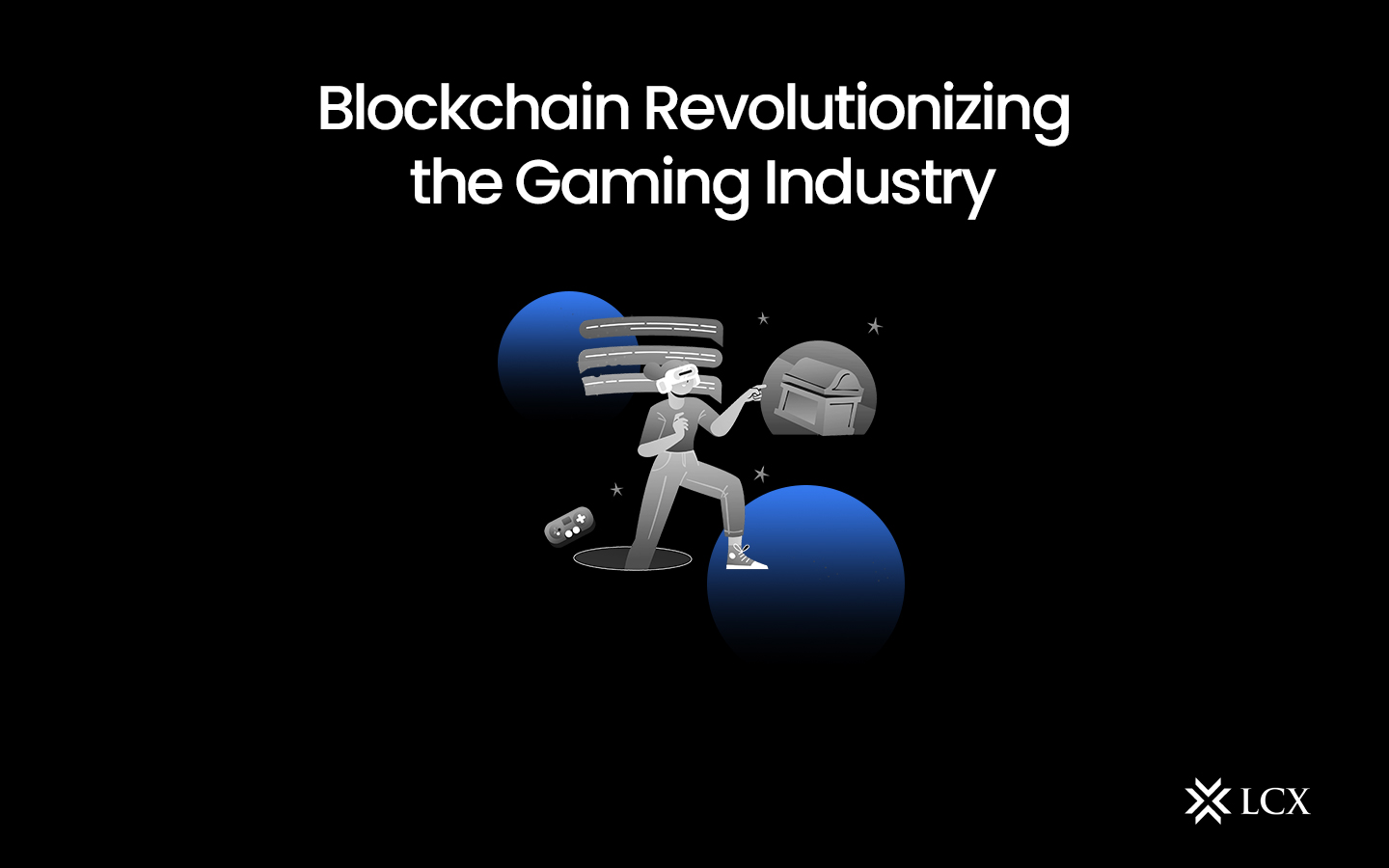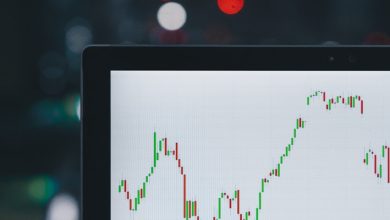How Cryptocurrencies Are Changing the Gaming Industry

- The Rise of In-Game Cryptocurrencies
- Blockchain Technology in Gaming
- Cryptocurrency Rewards for Gamers
- Decentralized Gaming Platforms
- Tokenization of Virtual Assets
- Impact of NFTs on Gaming Industry
The Rise of In-Game Cryptocurrencies
One of the most significant developments in the gaming industry in recent years has been the rise of in-game cryptocurrencies. These digital currencies, often built on blockchain technology, are revolutionizing the way players interact with games and virtual economies.
**Cryptocurrencies** in games can take many forms, from in-game tokens that can be used to purchase virtual goods and services to unique digital assets that can be traded or sold on secondary markets. This new form of digital currency is providing players with more control over their in-game assets and creating new opportunities for developers to monetize their games.
As players spend more time and money in games, the demand for in-game cryptocurrencies is only expected to grow. This trend is already evident in popular games like **Fortnite** and **World of Warcraft**, where players can purchase in-game items using digital currencies. In addition to enhancing the gaming experience, in-game cryptocurrencies also offer players a way to earn real money through trading and selling virtual assets.
Developers are also exploring new ways to integrate blockchain technology into games, such as using smart contracts to automate in-game transactions or creating decentralized marketplaces for trading virtual assets. These innovations are not only changing the way games are played but also opening up new possibilities for players to engage with games on a deeper level.
Blockchain Technology in Gaming
Blockchain technology is revolutionizing the gaming industry by providing a secure and transparent way to track digital assets. This technology allows gamers to truly own their in-game items, as they are stored on a decentralized ledger that cannot be altered or manipulated. This means that players can buy, sell, and trade their virtual assets with confidence, knowing that the transactions are secure and verifiable.
One of the key benefits of blockchain technology in gaming is the ability to create unique, non-fungible tokens (NFTs) that represent one-of-a-kind items or characters within a game. These NFTs can be bought and sold on various platforms, allowing players to truly own rare and valuable digital assets. This has opened up new opportunities for gamers to monetize their skills and investments in the virtual world.
Furthermore, blockchain technology enables developers to create decentralized gaming platforms that are not controlled by a single entity. This decentralization ensures that games are fair and transparent, as the rules and algorithms are stored on the blockchain for all to see. This level of transparency builds trust among players and developers, leading to a more vibrant and sustainable gaming ecosystem.
Cryptocurrency Rewards for Gamers
One of the most exciting developments in the gaming industry is the integration of cryptocurrency rewards for players. This innovative approach allows gamers to earn digital currencies while playing their favorite games, opening up a whole new world of possibilities for both players and developers.
By incorporating cryptocurrencies into games, developers can create new ways for players to engage with their favorite titles. Whether it’s earning Bitcoin for completing in-game challenges or receiving Ethereum for reaching certain milestones, the possibilities are endless.
Not only do cryptocurrency rewards add a new layer of excitement to gaming, but they also provide players with a tangible reward for their time and effort. Instead of simply earning virtual items or in-game currency, players can now earn real-world value that can be used in a variety of ways.
Furthermore, cryptocurrency rewards can help to attract new players to games, as they offer a unique incentive that sets them apart from other titles. This can help developers to increase their player base and keep their games relevant in an increasingly competitive market.
Decentralized Gaming Platforms
Decentralized gaming platforms are revolutionizing the gaming industry by leveraging blockchain technology to provide players with more control and ownership over in-game assets. These platforms utilize smart contracts to ensure transparency and security, allowing players to trade, sell, and purchase digital assets without the need for intermediaries.
One of the key benefits of decentralized gaming platforms is the ability to earn cryptocurrency while playing games. Players can participate in various activities within the game to earn tokens, which can then be used to purchase in-game items or traded for other cryptocurrencies. This creates a new revenue stream for gamers and incentivizes them to spend more time on the platform.
Furthermore, decentralized gaming platforms offer a more fair and equitable gaming experience. By using blockchain technology, these platforms eliminate the possibility of cheating or manipulation, ensuring that all transactions and gameplay are transparent and secure. This level playing field attracts more players to the platform and enhances the overall gaming experience.
Tokenization of Virtual Assets
Tokenization of virtual assets is a key trend in the gaming industry that is being revolutionized by cryptocurrencies. This process involves converting in-game items, such as skins, weapons, or characters, into digital tokens that can be bought, sold, or traded on blockchain platforms. By tokenizing virtual assets, players have more control over their in-game belongings and can potentially earn real money by selling them to other players.
Impact of NFTs on Gaming Industry
The impact of NFTs on the gaming industry has been significant in recent years. Non-fungible tokens have revolutionized the way players can buy, sell, and trade in-game assets, creating new opportunities for both developers and gamers alike.
One of the key benefits of NFTs in gaming is the ability to truly own digital assets. Unlike traditional in-game items that are owned by the game developer, NFTs are stored on the blockchain, giving players full ownership and control over their virtual possessions. This has led to a rise in player-driven economies within games, where rare items can be bought and sold for real money.
Furthermore, NFTs have introduced a new level of scarcity and uniqueness to in-game items. Players can now own one-of-a-kind assets that hold real-world value, creating a sense of exclusivity and prestige within the gaming community. This has also opened up new revenue streams for developers, who can earn royalties every time their NFTs are resold.
Overall, the integration of NFTs into the gaming industry has brought about a paradigm shift in how players interact with virtual worlds. With the potential for true ownership, scarcity, and value creation, NFTs are poised to continue shaping the future of gaming for years to come.






